Lessons learned from webinar “Climate Change & Aquaculture (I)”
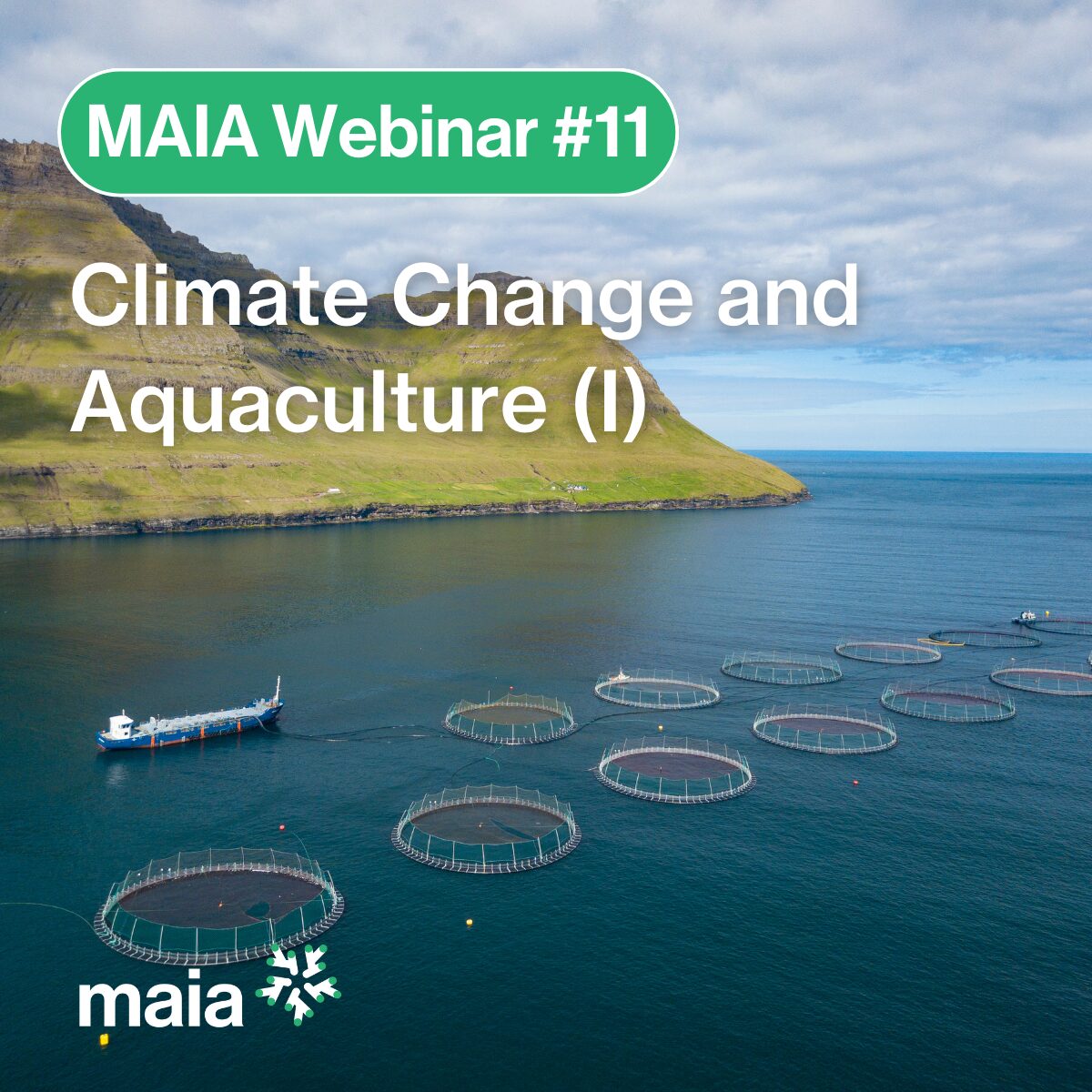
The recording
About the Webinar
In January 2024, we had the pleasure to hear from three speakers presenting the EU projects FutureEUAqua, MedAid and FISH4FISH respectively.
The first speaker was Anne Kettunen, scientist at Nofima, presenting the EU project FutureEUAqua which stands for Future growth in sustainable, resilient and climate friendly organic and conventional European aquaculture.
FutureEUAqua short overview:
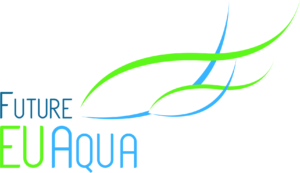
- Budget: € 7 088 073,25
- Funding call: SOCIETAL CHALLENGES – Food security, sustainable agriculture and forestry, marine, maritime and inland water research, and the bioeconomy
- Project duration: 1 November 2018- 30 April 2023
- Partners: 32
- project website: HOME – FutureEUAqua
- cordis link
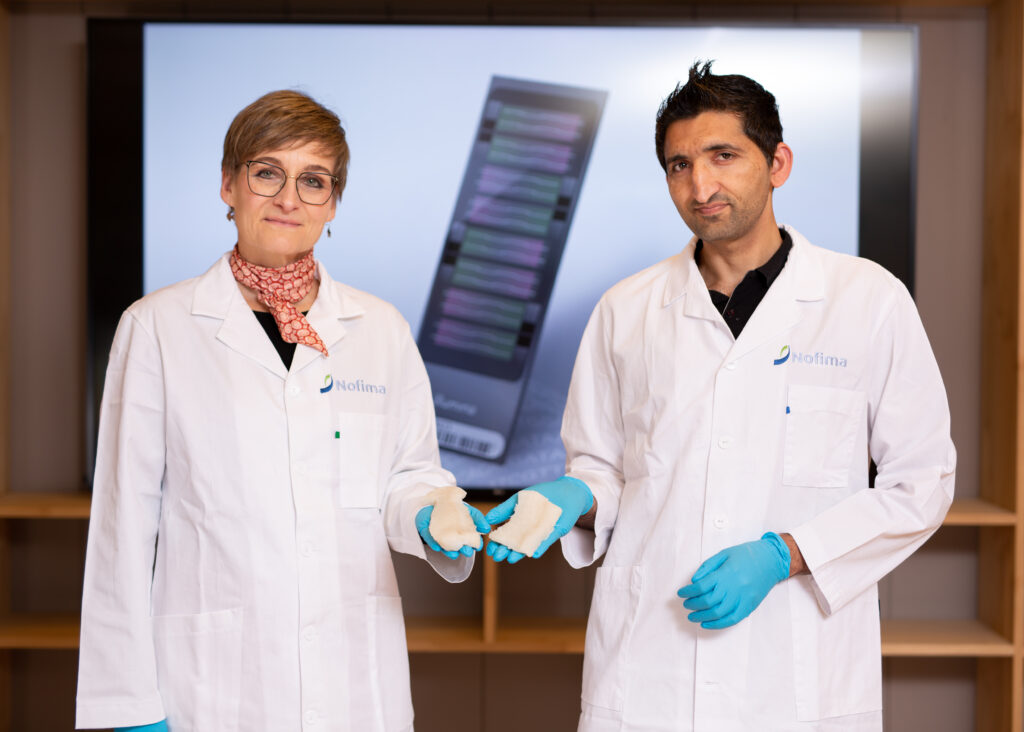
Anne Kettunen (left) at the Nofima with a collegue.
The second speaker, presented the EU project MedAid, which stands for solving stagnation in Mediterranean marine fish aquaculture.
MedAid short overview
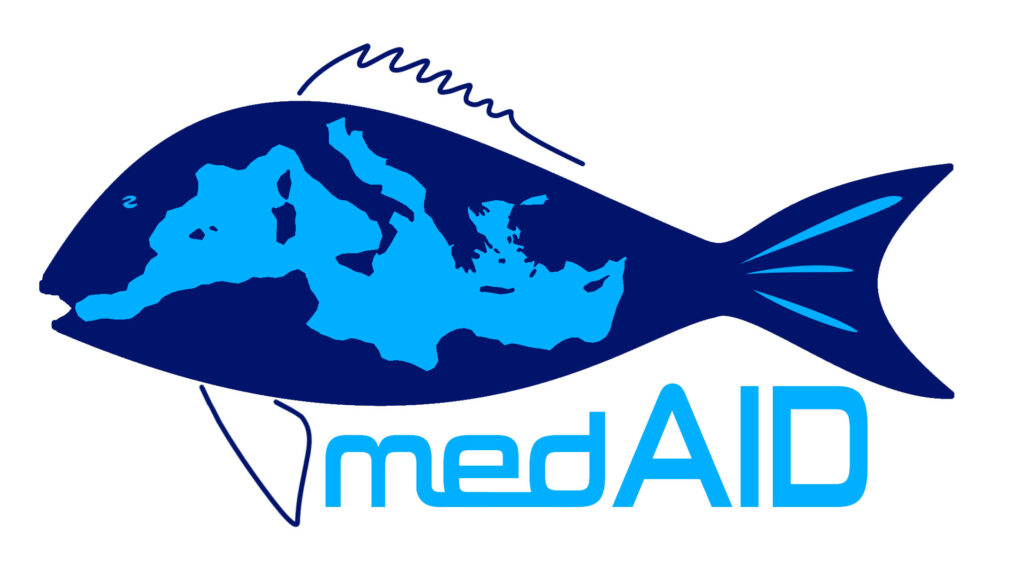
- Budget: € 6 999 996,25
- Funding call: SOCIETAL CHALLENGES – Food security, sustainable agriculture and forestry, marine, maritime and inland water research, and the bioeconomy
- Project duration: 1 May 2017- 31 October 2021
- Partners: 34
- project website: Medaid Mediterranean Aquaculture Integrated Development (medaid-h2020.eu)
- cordis link
FISH4FISH short overview

- Budget: €993 236
- Funding call: European Maritime and Fisheries Fund (EMFF)
- Project duration: 1 Nov 2019 – 31 Oct 2022
- Partners: 6
- project website: Fish4Fish – Project cofunded by the EMFF programme of the European Union (unisi.it)
- cordis link
Scientific and technological objectives
1 – Production of chitosan with different acetylation degrees and chito-oligosaccharides with enhanced antioxidant and antimicrobial activity;
2 – Lignin-based nanoparticles functionalized with chito-oligomers as biofiller to improve mechanical and barrier properties;
3 – Production of a new bio-based plastic material with antimicrobial, antifungal and antioxidant properties to increase fish shelf life;
4 – Assesment of biodegradability and compostability of new products;
5 – Scale up from laboratory level to pilot scale;
6 – Packaging design to fit the performance and functionality for fish packaging according to market requirements;
7 – Assessment of the environmental impacts of the developed processes and products using LCA (Life Cycle Assessment) methodologies
8 – Economic and social viability performance check trough LCC (Life Cycle Cost) and Social LCA analysis and business plan;
9 – Development of effective communication plan to disseminate the results of the project with the involvement of industrial stakeholders.
Lessons Learned
- Citizens should constantly require information and tracebility where does their food come from.
- MedAid has provided and disseminated tools, guidelines, protocols, recommendations and specific training to help the sector’s performance in the fields of fish nutrition, genetics and breeding health management
- Results on Holistic Sustainability Assessment of Mediterranean Aquaculture: Zootechnical, Environmental, Economic, Social and Governance can be found here
- Results on Improving Zootechnical Performance can be found here
- Results on Genetics and Breeding can be found here
- Results on Health Management and Diseases and Fish Welfare can be found here
- Results on Product Development, Market and Consumer Assessment can be found here
- Results on Improving Business Performance and Development of Strategic Marketing Plans can be found here
- FISH4FISH represents a breakthrough on the use of chitinolytic derivatives developing a new material based on chitosans and chito-oligosaccharides functionalized lignin nanoparticles, able to combine sustainability, safety, sanitizing effect, easy biodegradability and compostability.
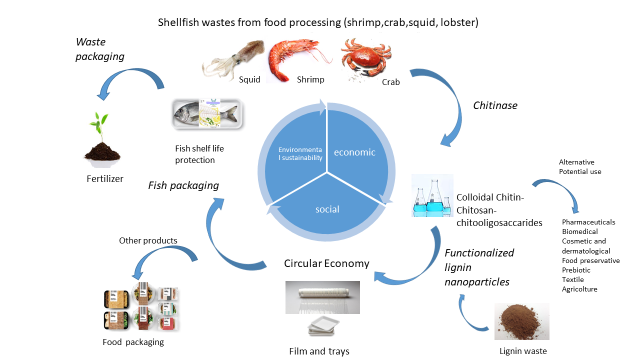
How to get involved
- Training material of the online training on “Sustainable, resilient and climate friendly Blue Growth of EU Aquaculture and Beyond” can be accessed here: TRAINING MATERIAL – FutureEUAqua
- The MedAid Toolbox has a general search engine where you can select not only the type and the year of the resources, but the thematic area/s you wish to investigate. MEDAID – TOOLBOX (medaid-toolbox.eu)
- Courses and training from MedAid: Training – Medaid Mediterranean Aquaculture Integrated Development (medaid-h2020.eu)
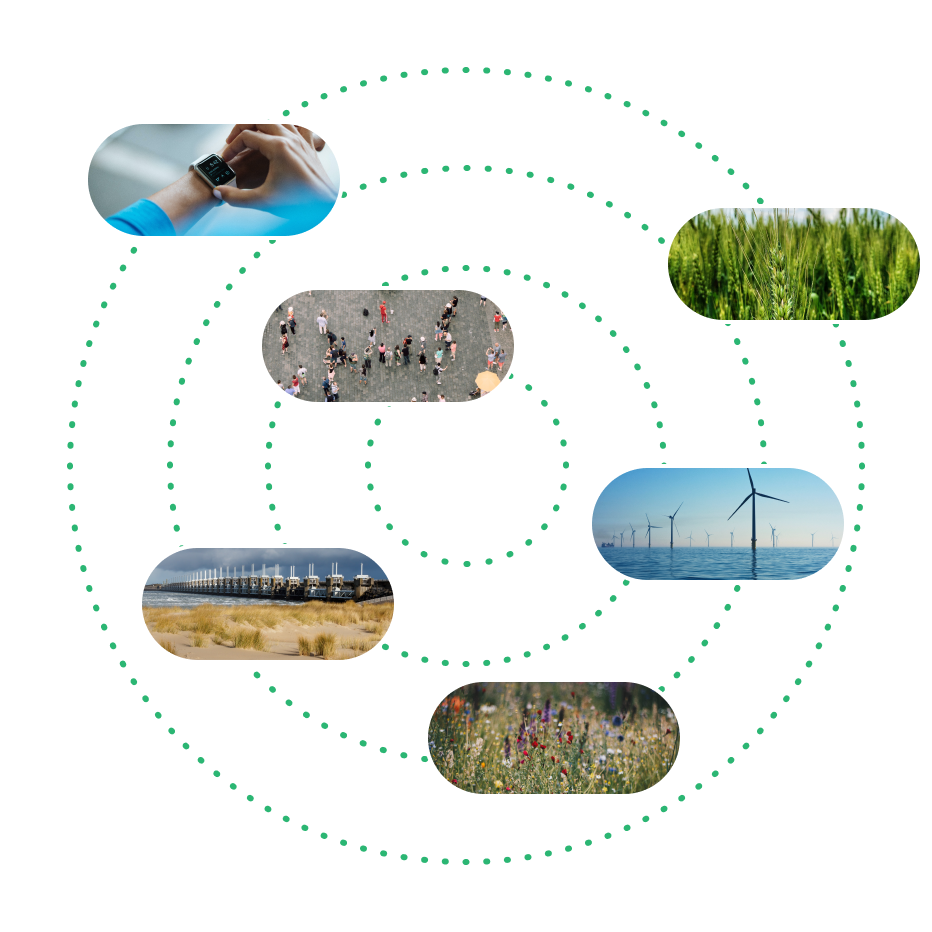
(0) Comments
There is no content